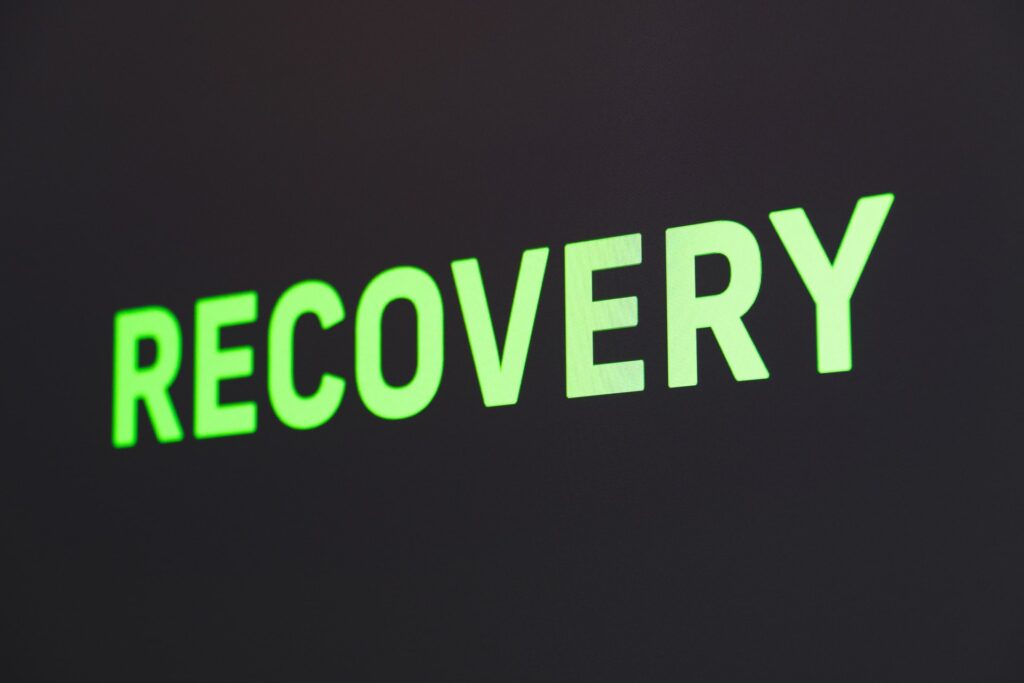
Introduction
Addiction recovery is not only a personal journey but also a collective responsibility that requires changing global perspectives on addiction. Historically, addiction has been stigmatized, leading to barriers in accessing support and perpetuating societal biases. However, it is crucial to shift global perspectives to foster understanding, compassion, and support for individuals on their path to recovery. Say’s Dr Louis Hampers, this article explores the significance of changing global perspectives on addiction recovery and highlights the transformative impact it has on individuals, communities, and societies.
Challenging Stigma and Discrimination
Changing global perspectives on addiction recovery involves challenging the stigma and discrimination associated with addiction. Stigma arises from misconceptions, stereotypes, and negative judgments, often leading to isolation, shame, and limited opportunities for individuals in recovery. By promoting awareness campaigns, education, and open dialogue, we can debunk myths and challenge societal attitudes towards addiction. Fostering empathy, understanding, and support can help break down barriers and create an environment where individuals feel comfortable seeking help and building a life in recovery.
Promoting Education and Awareness
Education and awareness play a pivotal role in changing global perspectives on addiction recovery. By providing accurate information about addiction as a treatable medical condition, we can combat misconceptions and encourage empathy. Raising awareness about the complexities of addiction, its impact on individuals and communities, and the effectiveness of evidence-based treatments helps dismantle harmful stereotypes. Education empowers individuals to make informed decisions, support their loved ones, and advocate for policies that prioritize prevention, treatment, and recovery support.
Highlighting Personal Stories of Recovery
Sharing personal stories of recovery is a powerful tool in changing global perspectives. These narratives humanize the experience of addiction and recovery, offering hope, inspiration, and relatability. By sharing stories of resilience, transformation, and the challenges overcome on the path to recovery, we can challenge stereotypes, reduce judgment, and promote understanding. Personal stories foster a sense of community and solidarity, reminding individuals that recovery is possible and that they are not alone in their struggles.
Shifting Language and Framing
Changing global perspectives on addiction recovery requires a shift in language and framing. The words we use can either perpetuate stigma or promote inclusivity and support. By using person-first language, emphasizing recovery and resilience, and avoiding judgmental terms, we can create a more compassionate narrative around addiction. Shifting the focus from blame and shame to understanding and support helps individuals feel valued and empowered, enhancing their chances of successful recovery.
Establishing Supportive Policies and Resources
Changing global perspectives on addiction recovery necessitates the establishment of supportive policies and resources. Governments, organizations, and communities should prioritize the development and implementation of comprehensive addiction treatment and recovery support systems. Accessible and affordable services, including counseling, therapy, harm reduction programs, and peer support networks, can make a significant difference in individuals’ recovery journeys. By investing in these resources, we demonstrate a commitment to supporting individuals in their pursuit of long-term recovery and well-being.
Conclusion
Changing global perspectives on addiction recovery is a collective effort that requires challenging stigma, promoting education and awareness, sharing personal stories, shifting language and framing, and establishing supportive policies and resources. By fostering understanding, compassion, and support, we can create a global environment where individuals in recovery are valued, empowered, and given the necessary tools to rebuild their lives. Together, we can transform attitudes towards addiction and create a more inclusive and supportive society where individuals thrive and find the support they need on their path to recovery.